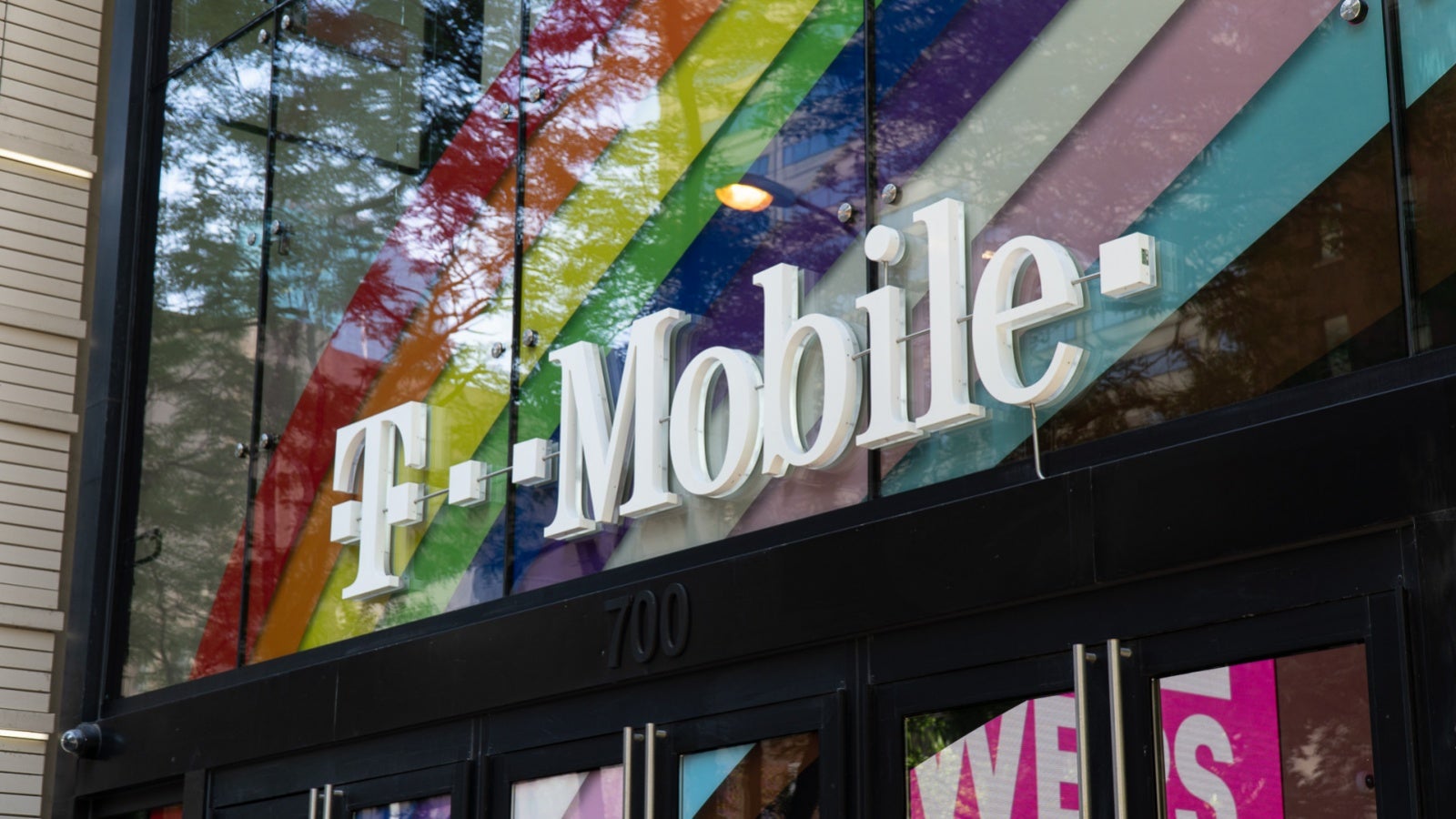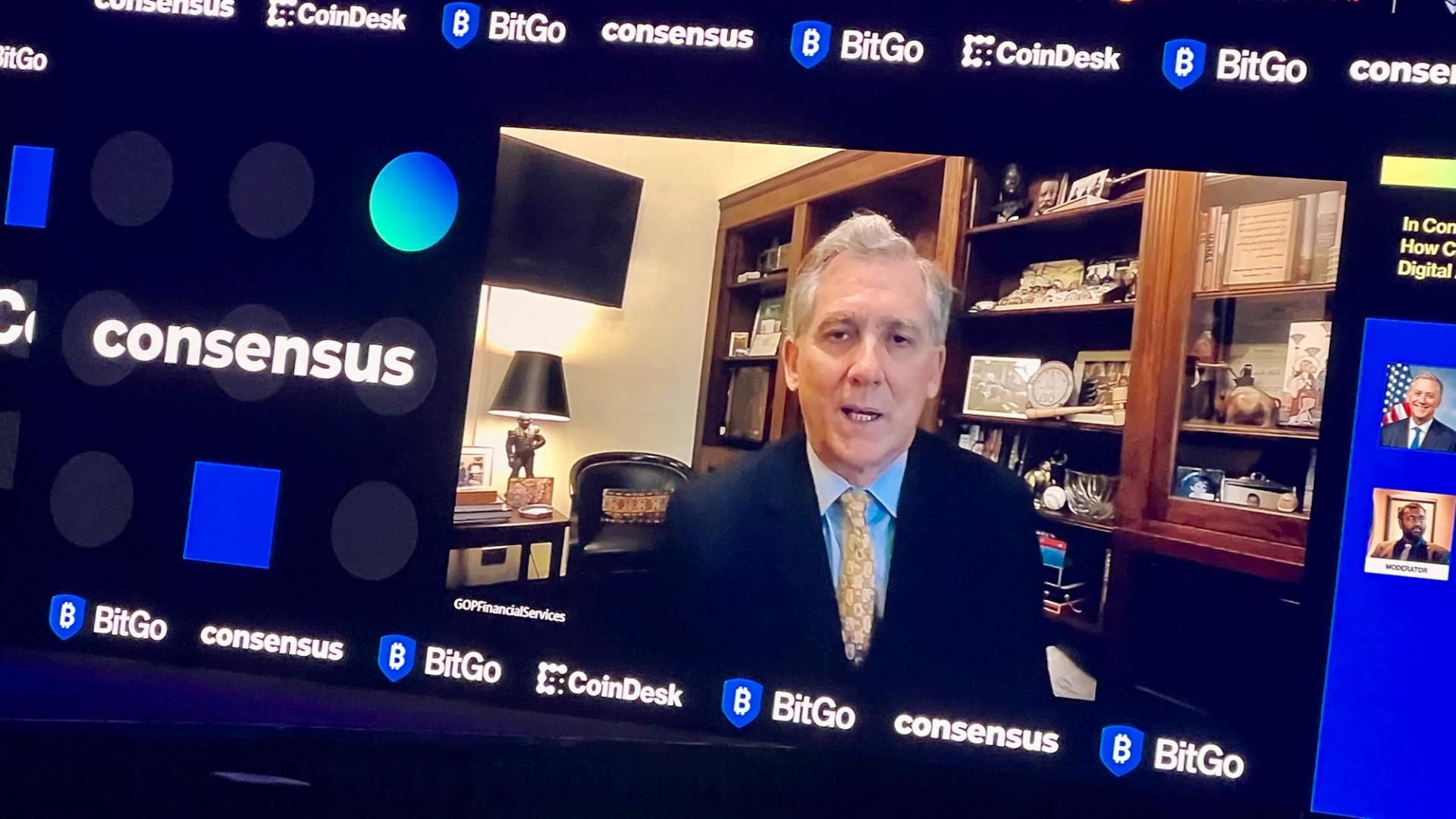Unionized REI workers allege racial discrimination
REI has long enjoyed a reputation as a progressive company that promises strong benefits and promotes a culture of inclusion and sustainability. As a consumer cooperative, the outdoor retailer has also eschewed a typical corporate structure. But in recent years, against the backdrop of a union drive, some workers have described a culture at odds with REI’s purported values. Despite successful union efforts at 11 of its 180 total stores, REI workers have not managed to successfully negotiate a contract with the company. The National Labor Relations Board is also currently looking into dozens of unfair labor practice charges brought by workers. Last week, REI members voted against the company’s slate of board candidates, following a union campaign urging them to protest that REI did not allow labor-backed candidates on the ballot. A new report from the National Employment Law Project finds that many REI workers say they have encountered discrimination on the job. In a survey of 219 workers across 10 unionized stores, nearly half—47%—said they had witnessed or experienced some kind of racial discrimination. Among workers of color, one in five said they had personally faced discrimination at the company. In a statement to Fast Company, REI said the following: “Discrimination has no place at REI. The safety, well-being, and inclusion of our 15,000 employees are non-negotiable priorities for our co-op. We take any concerns about our work environment seriously, including those expressed by the 219 survey respondents. REI has strong policies, procedures and resources in place to help prevent bias and foster a workplace where all individuals are treated with dignity and respect.” REI’s own accounting of its demographics indicates the company has struggled to attract and retain Black and Latino workers. In its 2023 Impact Report, the company said 3.3% of its retail workforce was Black, while 9.6% identified as Hispanic and 6% as multiracial. REI acknowledged that the company was “not as racially diverse as the communities we serve.” Many workers surveyed by NELP also claimed that the company’s DEI strategy had been noticeably pared back since 2021, and that REI’s commitment to conducting racial equity trainings and investing in other initiatives to promote inclusion had wavered. (The company had brought on a chief diversity and social impact officer in 2021 but reportedly eliminated her position when she departed in 2023.) “Diversity, equity and inclusion are foundational to who we are as a co-op, and we recognize that building a truly inclusive business is an ongoing journey,” REI added in its statement to Fast Company. “We remain committed to learning, improving, and driving meaningful progress. Our goal is to ensure that every employee feels valued, respected, and able to bring their whole self to work—every single day.” The workers surveyed by NELP suggested that one reason REI has struggled to maintain a more diverse workforce is because people of color were more likely to be disciplined or pushed out of their jobs. Over 30% of workers of color alleged they had witnessed or experienced racial discrimination in layoffs—and REI’s own data on termination rates in 2022 showed higher rates of termination among employees of color and especially Black workers. Many workers of color (29%) also claimed to have seen or personally faced discrimination in the company’s promotion practices. While employees have reported decreased staffing across the company following a reorganization in 2023, workers of color were much more likely to be scheduled for shorter shifts or fewer hours per week. According to the NELP report, 64% of REI’s workers of color logged fewer than 20 hours a week on average, as compared to 38% of their white counterparts. Over half of workers of color also said they want to work more hours, while only 41% of white workers said the same. Workers also expressed concerns over other types of workplace discrimination: They recounted instances of alleged gender bias, discrimination against transgender workers, and issues with accommodations for workers with disabilities. Fewer than one in 10 workers told NELP they believed REI took adequate action in response to discrimination, whether racial in nature or otherwise. Amid ongoing negotiations over a union contract, some employees also allege they have faced retaliation for speaking out about their working conditions and taking protected actions like walking out on the job—claims that are in line with reports that the company has taken a strong position against unionizing efforts. Perhaps most notably, however, a majority of workers surveyed believe that REI is no longer living up to its reputation as a progressive employer—with 64% of them saying it is becoming a worse place to work.

REI has long enjoyed a reputation as a progressive company that promises strong benefits and promotes a culture of inclusion and sustainability. As a consumer cooperative, the outdoor retailer has also eschewed a typical corporate structure.
But in recent years, against the backdrop of a union drive, some workers have described a culture at odds with REI’s purported values. Despite successful union efforts at 11 of its 180 total stores, REI workers have not managed to successfully negotiate a contract with the company. The National Labor Relations Board is also currently looking into dozens of unfair labor practice charges brought by workers. Last week, REI members voted against the company’s slate of board candidates, following a union campaign urging them to protest that REI did not allow labor-backed candidates on the ballot.
A new report from the National Employment Law Project finds that many REI workers say they have encountered discrimination on the job. In a survey of 219 workers across 10 unionized stores, nearly half—47%—said they had witnessed or experienced some kind of racial discrimination. Among workers of color, one in five said they had personally faced discrimination at the company.
In a statement to Fast Company, REI said the following: “Discrimination has no place at REI. The safety, well-being, and inclusion of our 15,000 employees are non-negotiable priorities for our co-op. We take any concerns about our work environment seriously, including those expressed by the 219 survey respondents. REI has strong policies, procedures and resources in place to help prevent bias and foster a workplace where all individuals are treated with dignity and respect.”
REI’s own accounting of its demographics indicates the company has struggled to attract and retain Black and Latino workers. In its 2023 Impact Report, the company said 3.3% of its retail workforce was Black, while 9.6% identified as Hispanic and 6% as multiracial. REI acknowledged that the company was “not as racially diverse as the communities we serve.”
Many workers surveyed by NELP also claimed that the company’s DEI strategy had been noticeably pared back since 2021, and that REI’s commitment to conducting racial equity trainings and investing in other initiatives to promote inclusion had wavered. (The company had brought on a chief diversity and social impact officer in 2021 but reportedly eliminated her position when she departed in 2023.)
“Diversity, equity and inclusion are foundational to who we are as a co-op, and we recognize that building a truly inclusive business is an ongoing journey,” REI added in its statement to Fast Company. “We remain committed to learning, improving, and driving meaningful progress. Our goal is to ensure that every employee feels valued, respected, and able to bring their whole self to work—every single day.”
The workers surveyed by NELP suggested that one reason REI has struggled to maintain a more diverse workforce is because people of color were more likely to be disciplined or pushed out of their jobs. Over 30% of workers of color alleged they had witnessed or experienced racial discrimination in layoffs—and REI’s own data on termination rates in 2022 showed higher rates of termination among employees of color and especially Black workers. Many workers of color (29%) also claimed to have seen or personally faced discrimination in the company’s promotion practices.
While employees have reported decreased staffing across the company following a reorganization in 2023, workers of color were much more likely to be scheduled for shorter shifts or fewer hours per week. According to the NELP report, 64% of REI’s workers of color logged fewer than 20 hours a week on average, as compared to 38% of their white counterparts. Over half of workers of color also said they want to work more hours, while only 41% of white workers said the same.
Workers also expressed concerns over other types of workplace discrimination: They recounted instances of alleged gender bias, discrimination against transgender workers, and issues with accommodations for workers with disabilities.
Fewer than one in 10 workers told NELP they believed REI took adequate action in response to discrimination, whether racial in nature or otherwise. Amid ongoing negotiations over a union contract, some employees also allege they have faced retaliation for speaking out about their working conditions and taking protected actions like walking out on the job—claims that are in line with reports that the company has taken a strong position against unionizing efforts.
Perhaps most notably, however, a majority of workers surveyed believe that REI is no longer living up to its reputation as a progressive employer—with 64% of them saying it is becoming a worse place to work.





















































































































































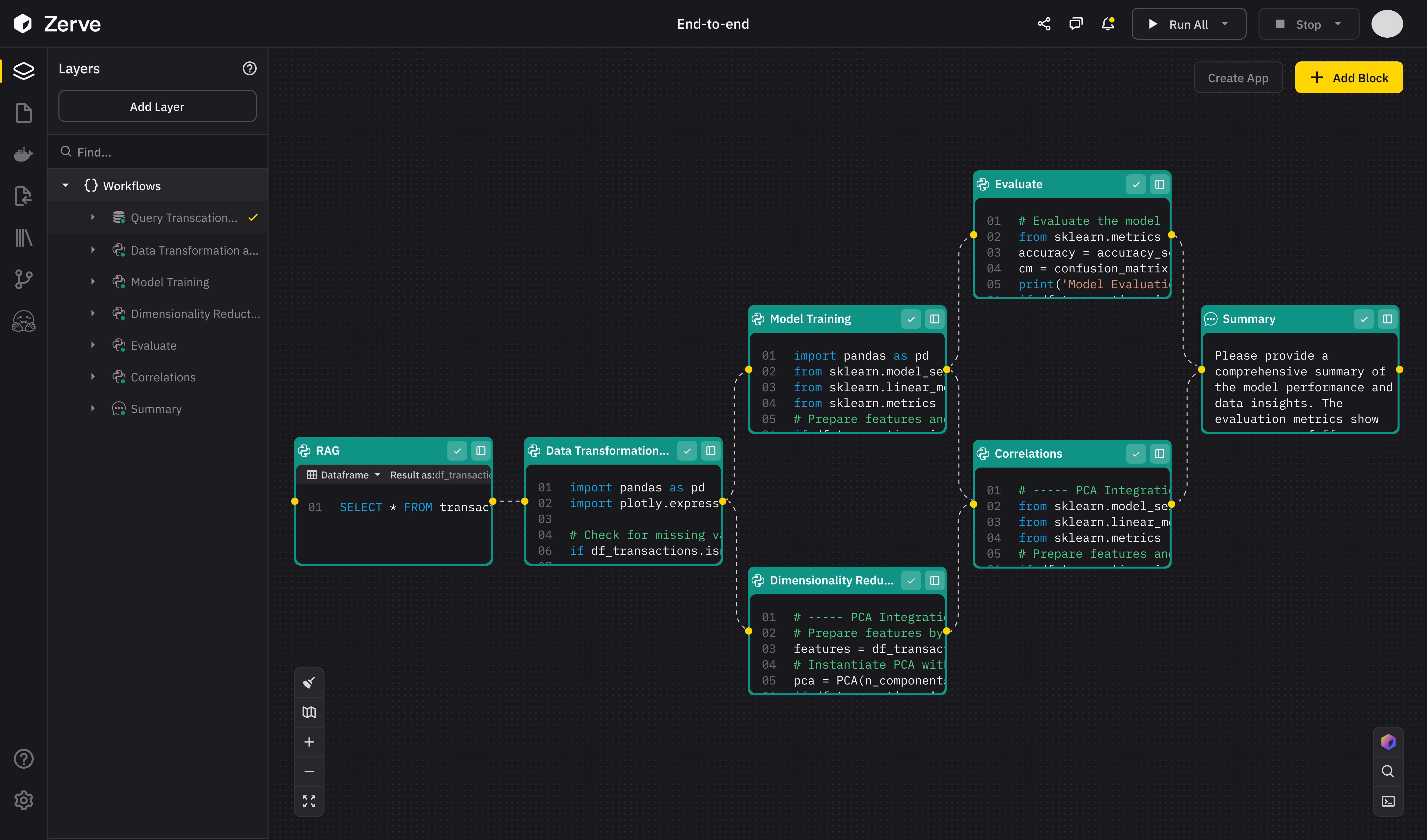














![[The AI Show Episode 147]: OpenAI Abandons For-Profit Plan, AI College Cheating Epidemic, Apple Says AI Will Replace Search Engines & HubSpot’s AI-First Scorecard](https://www.marketingaiinstitute.com/hubfs/ep%20147%20cover.png)






































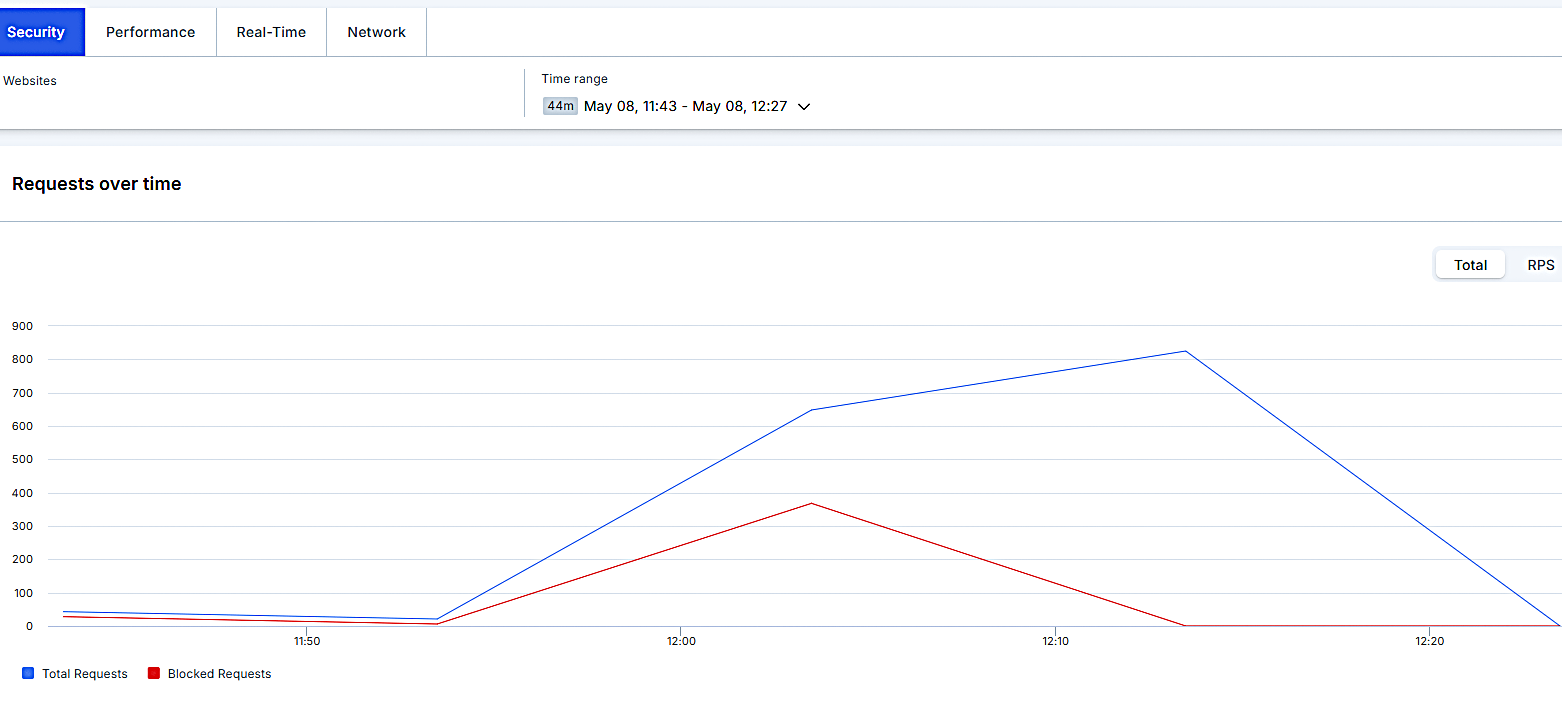


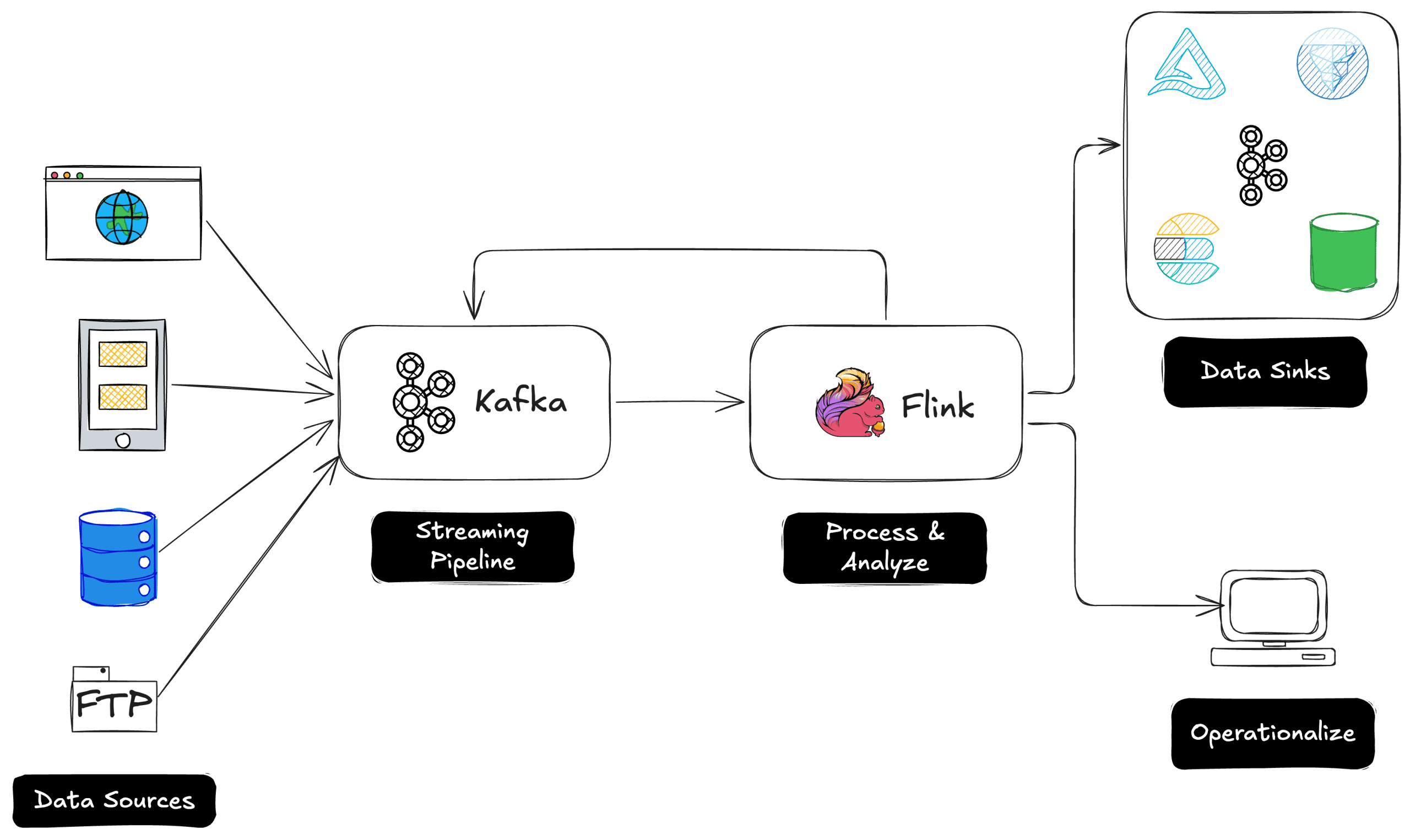

































































































































.jpg?#)





















![Legends Reborn tier list of best heroes for each class [May 2025]](https://media.pocketgamer.com/artwork/na-33360-1656320479/pg-magnum-quest-fi-1.jpeg?#)
































































_Gang_Liu_Alamy.jpg?width=1280&auto=webp&quality=80&disable=upscale#)
































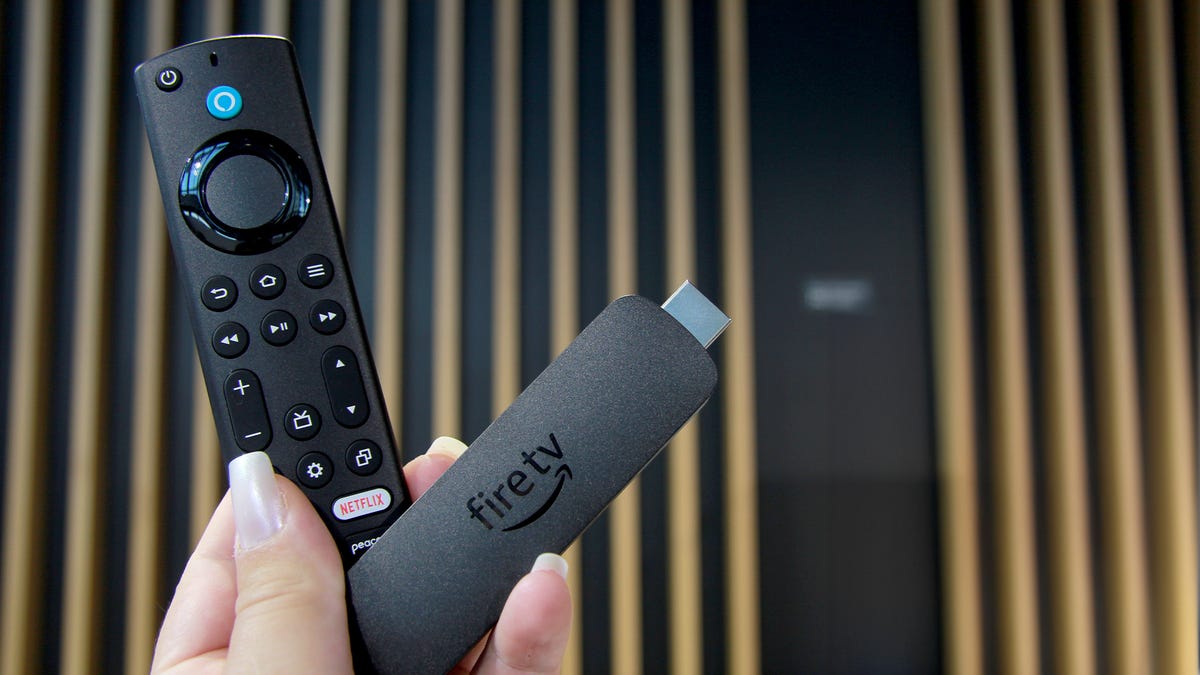




















































-xl.jpg)




























![Vision Pro May Soon Let You Scroll With Your Eyes [Report]](https://www.iclarified.com/images/news/97324/97324/97324-640.jpg)
![Apple's 20th Anniversary iPhone May Feature Bezel-Free Display, AI Memory, Silicon Anode Battery [Report]](https://www.iclarified.com/images/news/97323/97323/97323-640.jpg)

![Apple Planning Bezel-Free iPhone With 'Four-Sided Bending' Display [Report]](https://www.iclarified.com/images/news/97321/97321/97321-640.jpg)
















































